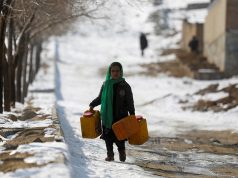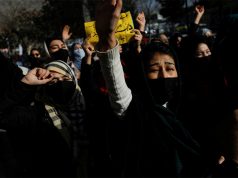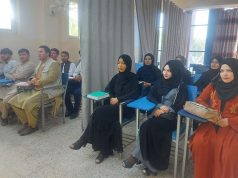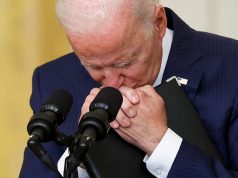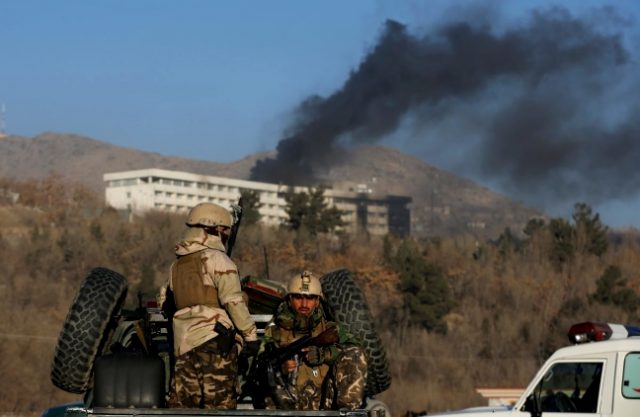
KABUL – Gunmen in army uniforms who stormed Kabul’s Intercontinental Hotel late on Saturday and battled Afghan Special Forces through the night killed more than 30 people and wounded many more, although the final toll of dead and wounded may still be higher.
The dead included hotel staff and guests as well as members of the security forces who fought the attackers.
Wahid Majroh, a spokesman for the ministry of public health, said that 19 bodies had been brought into city hospitals, with six identified as foreigners.
However a senior Afghan security official, who spoke on condition of anonymity because he was not authorized to talk to the media, said the death toll was over 30 and might climb higher.
All five attackers were also killed, interior ministry spokesman Najib Danesh said.
In Kiev, Ukrainian foreign minister Pavlo Klimkin said on Twitter that six Ukrainians were killed in the attack.
The raid was the latest in a series of attacks that have underlined the city’s vulnerability and the ability of militants to mount high-profile operations aimed at undermining confidence in the Western-backed government.
More than 150 guests were able to flee as parts of the building caught fire, with some shimmying down sheets tied together and dropped from upper-floor windows and others rescued by Afghan forces.
Local airline Kam Air said around 40 of its pilots and air crew, many of whom are foreigners, were staying in the hotel and as many as 10 had been killed. Local media reports said the dead included Venezuelans and Ukrainians.
Zamari Kamgar, the airline’s deputy director, said it was still trying to locate staff.
The Taliban, which attacked the same hotel in 2011, claimed responsibility for the attack, its spokesman Zabihullah Mujahid said in a statement.
A statement from the interior ministry put the blame on the Haqqani network, a group affiliated with the Taliban that is notorious for its attacks on urban targets.
Abdul Rahman Naseri, a guest who was at the hotel for a conference, was in the hall of the hotel when he saw four gunmen dressed in army uniforms.
“They were shouting in Pashto (language), ‘Don’t leave any of them alive, good or bad’. ‘Shoot and kill them all,’ one of them shouted,” Naseri said.
“I ran to my room on the second floor. I opened the window and tried to get out using a tree but the branch broke and I fell to the ground. I hurt my back and broke a leg.”
Even after officials said the attack was over, sporadic gunshots and explosions could be heard from the site.
As day broke on Sunday, thick clouds of black smoke poured from the building, an imposing 1960s structure set on a hilltop and heavily protected like most public buildings in Kabul.
The Intercontinental is one of two main luxury hotels in the city and had been due to host an information technology conference on Sunday. More than 100 IT managers and engineers were on site when the attack took place, said Ahmad Waheed, an official at the telecommunications ministry.
Danesh said a private company had taken over responsibility for security at the hotel three weeks ago and there would be an investigation into possible failings, just days after a U.S. embassy warning of possible attacks on hotels in Kabul.
Several armored U.S. military vehicles with heavy machine guns could be seen close to the hotel along with Afghan police units as Special Forces maneuvered around the site.
Hotel manager Ahmad Haris Nayab, who escaped unhurt, said the attackers had got into the main part of the hotel through a kitchen before going through the hotel, with many guests trapped in their rooms.





